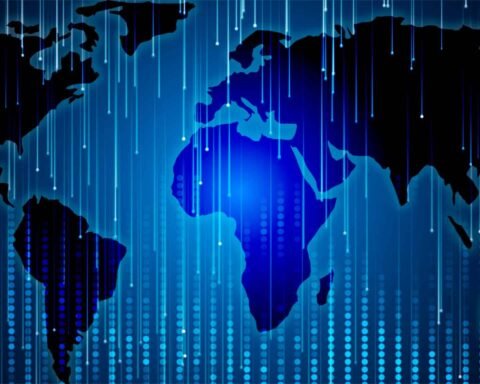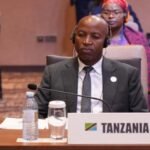As war and unrest grip eastern Democratic Republic of Congo (DRC), a shadow economy is thriving beneath the chaos one driven by the illegal extraction and smuggling of the country’s vast mineral wealth.
With gold, coltan, tin, and tantalum flowing across borders into neighboring countries and then onto international markets, Congo’s neighbors are increasingly accused of profiting from a crisis that continues to displace millions and fuel violence.
Despite its mineral riches, the DRC remains one of the poorest nations in the world — a paradox made starker by new investigations showing how precious resources are being siphoned out of conflict zones. Reports suggest that countries like Rwanda and Uganda are key transit points for smuggled Congolese minerals, often relabeled to obscure their origins before being shipped abroad. Much of this material ends up in the electronics we use every day — from smartphones to laptops.
Congo’s minerals are not only plentiful but also immensely valuable. In 2022 alone, an estimated 435 tonnes of African gold — worth more than $30 billion — were smuggled out of the continent, with Dubai emerging as a major destination. Much of that gold is believed to have originated from conflict areas in Congo, where armed groups often operate illegal mines or extort money from legitimate ones.
The trade has sparked international concern. European lawmakers are facing pressure to reevaluate trade agreements with Rwanda, amid claims the country supports armed groups like M23, which has been implicated in massacres and other atrocities in eastern Congo. Although Rwanda denies these accusations, the UN and independent observers have documented the group’s links to Kigali and the illicit resource trade.
Critics argue that the international community, especially corporate buyers, must do more to ensure supply chains are clean. Efforts such as the International Tin Supply Chain Initiative (ITSCI) were created to trace the origin of minerals and cut off funding to armed groups, but many now question their effectiveness. Widespread fraud, poor oversight, and even complicity by local officials have rendered some of these programs toothless.
Also Read; Russia Unveils Powerful New
Arsenal for Modern Warfare
For the Congolese people, the impact of this looting is profound. Not only do they miss out on revenue that could fund schools, hospitals, and infrastructure, but the battle over control of mining regions continues to inflame violence, forcing families to flee their homes and live in dire conditions in makeshift camps.
In an effort to regain control, Congolese authorities have begun cracking down on illegal mining operations. Three Chinese nationals were recently sentenced to prison for operating illicit gold mines in eastern Congo. But enforcement remains a daunting challenge in a region where state authority is weak and armed groups often hold more sway than local governments.
Human rights advocates warn that unless decisive international action is taken to address smuggling, hold companies accountable, and cut financial ties to armed groups, Congo’s mineral wealth will remain a curse rather than a blessing. The world’s demand for tech and jewelry cannot come at the cost of Congolese lives, they argue.







